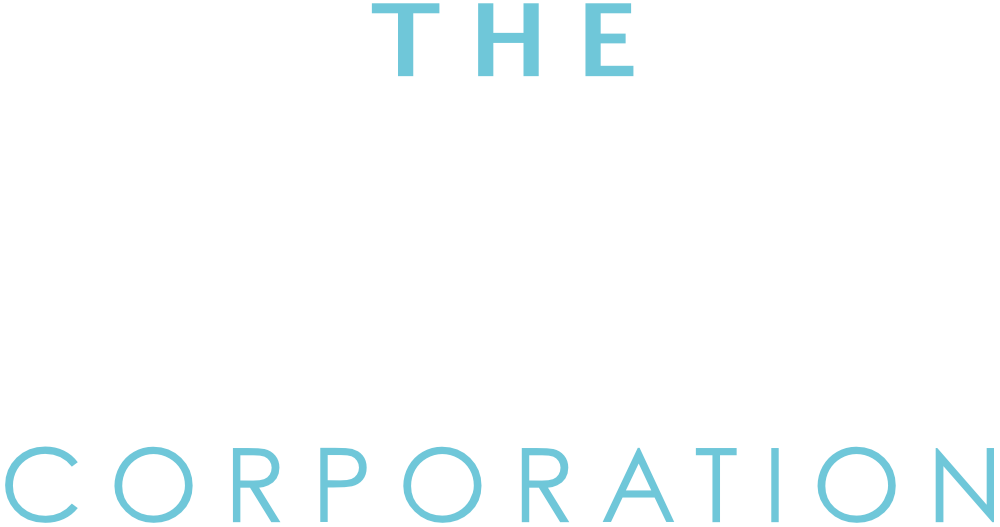Leasing?! No thanks!
This is often what we hear when first discussing financing options with a potential new client.
The words “Equipment Leasing” to some means simply rental and never actually owning the asset. Some Finance Directors still think of that Photocopier Lease they took out all those years ago, which they continued paying for years after the primary period, or when they did try to terminate the agreement, a huge balloon payment bill landed on their desk.
To others, a bank loan is by far the cheapest way of funding the equipment and “you know where you stand with a bank loan”. Of course the most common response is “we always pay cash”.
Therefore it will probably surprise you to know that industry statistics show that 89% of Times Top 100 Companies are leasing all or at least some of their IT and other business equipment. But why? These companies are large, blue chip companies, with plenty of “cash”, why would they want to lease their equipment?! Tax, tax, TAX! By leasing the equipment, as opposed to paying cash or using HP, you are allowed to offset 100% of the rentals, both capital and interest, against your taxable profits. This is why leasing usually offers the cheapest net cost of any form of finance, often cheaper even than paying cash.
Yet many companies are still doing all they can to avoid the dreaded lease, simply because they don’t really understand it. Why? The finance industry itself is largely to blame. Many salespeople from lenders are comfortable with traditional HP or Loans and will try to fit the customer to this type of agreement, as opposed to tailoring an agreement to suit the client.
In addition to this, many clients are still being put off leasing, by funders who continue with their “minimum term” contracts and are only too happy to collect the secondary period rentals when the client forgets to terminate the agreement, or else simply doesn’t understand the options available to them.
So, next time you’re about to sign that bank loan agreement, step back for a moment, consider it’s variable rates, large annual fees, inflexible terms and restrictive covenants. Ask your accountant or independent advisor about the costs and terms associated with leasing, conduct an absolute comparison factoring in all the costs,as this may well be a better option for you.
